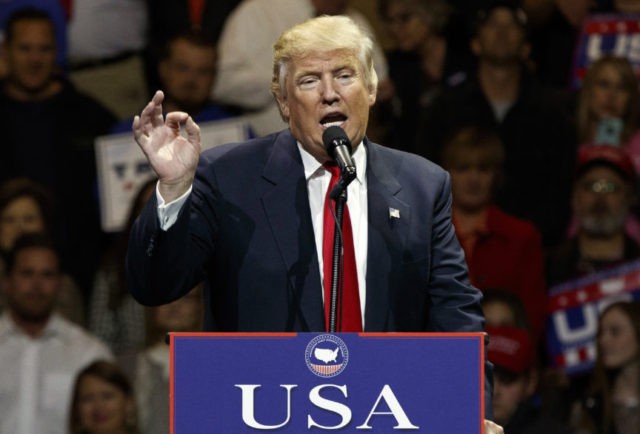President-elect Donald Trump could rescind financial regulations that cost the financial services industry at least $1.7 billion, according to a new analysis from the American Action Forum.
Regulators recently completed nine rule-writing projects that Trump would be able to repeal immediately after taking office, as Trump has promised to repeal the Dodd-Frank financial reform law, the Hill reported.
Democrats could fight hard on any major changes to the law, but AAF has identified nine regulations that Trump could roll back even without help from Congress.
According to the Congressional Review Act, the next Congress and administration can rescind those nine regulations until Congress gives the go-ahead because those regulations were created within the last 60 days of the current Congress.
None of the rules would completely repeal Dodd-Frank – any core changes to the law would have to be approved by Congress – but they add up to a significant amount of work. The proposed rules would cost $1.7 billion and require 1.2 million compliance hours from the financial sector.
The rules cover a wide range of issues from detailing how records and data should be kept to rules about the derivatives marketplace.
The largest rule, proposed by the Securities and Exchange Commission, would require companies to publicly disclose any payments made to governments worldwide to facilitate the extraction of oil, natural gas or other minerals.
The regulations, designed to fight corruption and hold governments accountable, come with an estimated cost of $1.2 billion and require 217,408 hours from businesses.
There are other unfinished regulations that could be stopped regardless of whether its President Obama’s final days in office or the beginning of Trump’s term.
A rule-writing project from the Consumer Financial Protection Bureau, for example, would impose more than $350 million in costs.
The rule would curb the use of “mandatory arbitration” language in consumer financial contracts, which bars people from taking companies to court in class-action lawsuits.

COMMENTS
Please let us know if you're having issues with commenting.